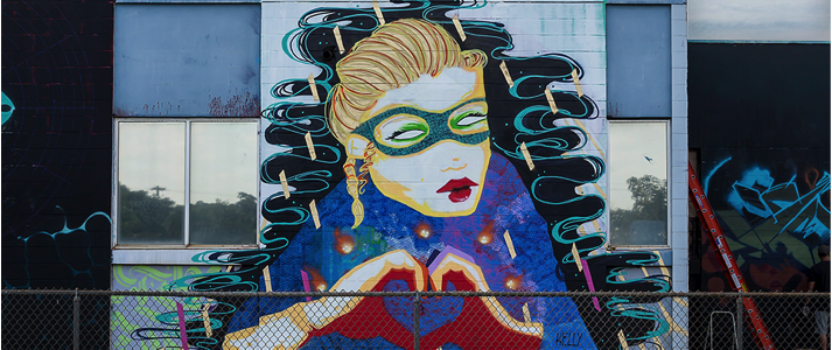“Real Love Never Devalues”
February is National Teen Dating Violence Awareness and Prevention Month. In honor of the month, CASS is participating in Respect Week DC (February 8–12).
Volunteer and activist Melissa Yeo shares her perspective below.
There’s nothing quite like falling in love with someone.
You want to spend all your time with them. Like roads to Rome, every thought and conversation seems to lead to this one person. And every text, snap or call from them is like a tiny firework in the middle of your day.
It’s so easy to feel flattered when someone is asking for all your attention and time, or when someone constantly wants to know what you’re up to. It’s so easy to change the way you look or act to please somebody you love, and who you want to love you.
Speaking from experience, it’s really easy not to notice when these requests and efforts start to become manipulative and disrespectful. Especially—at the risk of sounding old and jaded—when you’re young.
This week is Respect Week DC—part of Teen Dating Violence Awareness & Prevention Month, a national effort to raise awareness about abuse in teenage and 20-something relationships.
That abuse might look like checking your phone to monitor who you’re texting. Threatening you for smiling at a friend. Insulting you or saying you don’t love them because you won’t have sex with them. Blaming you for anger they can’t control, so you end up apologizing when they physically hurt you, whether that’s forcefully grabbing your arm in public or hitting you at home. It is a terrifying, confusing and isolating thing to be torn down by the person you love, but it will happen to a third of teenagers in America before they turn 21, and it happens to nearly half of college women who date.
Dating violence doesn’t happen in a vacuum. It happens in the contexts of racism, heterosexism, classism and other forms of institutional oppression that compound each other and contribute to a devastating sense of trauma, fear and desolation. Girls and young women between the ages of 16 and 24 experience the highest rate of intimate partner violence IPV)—almost triple the national average—and in 2012, 14 percent of IPV homicide victims were transgender women of color.
Like harassment or rape, abuse has nothing to do with whether someone loves or desires you, and everything to do with control, insecurity and disrespect for emotional or physical boundaries.
If you think you might be in an unhealthy relationship or know someone who is, do something to change that today, this week, this month. Visit loveisrespect.com, chat with a peer advocate online, text loveis to 22522 or call 866-331-9474.
Real love never devalues. You’re not crazy; you deserve better. It’s never okay, and it’s never your fault.
Taking action to change your situation does not need to be scary. It can be small, and it can happen right now.

